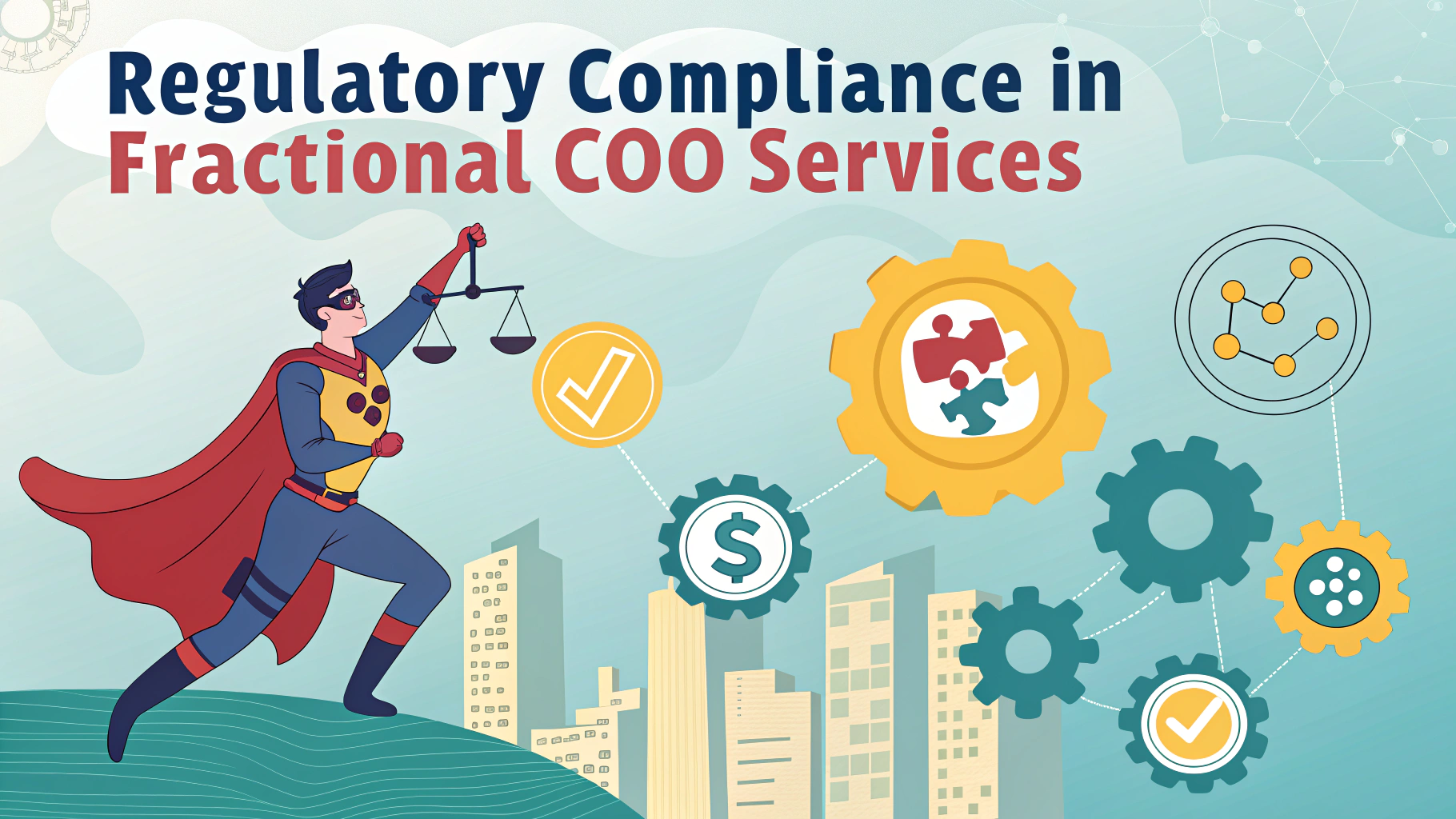A Chief Operating Officer (COO) manages the daily operations and administrative functions of an organization as the second-in-command executive after the CEO.
COOs oversee operational systems, processes, and staff to ensure the business runs smoothly and achieves its performance goals.
The role requires extensive business experience, strong leadership abilities, and excellent organizational skills to coordinate across departments and drive operational excellence.
Key Responsibilities
- Developing and implementing business strategies and operational policies
- Managing company resources and budgets
- Overseeing daily operations across departments
- Reporting operational metrics to the CEO and board
- Leading and developing senior management teams
- Ensuring regulatory compliance and risk management
Required Skills and Qualifications
- MBA or relevant advanced degree
- 10+ years of senior management experience
- Strong financial and business acumen
- Excellence in organizational management
- Strategic planning capabilities
- Leadership and team-building abilities
Career Path
Most COOs start in department management roles and advance through positions like Director of Operations or VP of Operations before reaching the C-suite.
Compensation
| Company Size | Salary Range (USD) |
|---|---|
| Small Business | $120,000 – $250,000 |
| Mid-Size Company | $200,000 – $450,000 |
| Large Corporation | $400,000 – $1,000,000+ |
Relationship with Other Executives
- CEO: Reports directly to CEO, focuses on execution while CEO handles strategy
- CFO: Collaborates on budgeting and financial planning
- CTO: Aligns operations with technological capabilities
Tips for Aspiring COOs
- Gain cross-functional experience across different departments
- Develop strong analytical and problem-solving skills
- Build expertise in process improvement and efficiency
- Network with industry leaders and join professional organizations
- Seek mentorship from experienced COOs
Taking Your Next Step
Consider joining organizations like the Chief Operating Officer Business Forum (COOBF) or the Operations Management Association to network and access professional development resources.
Industry Trends
- Growing emphasis on digital transformation leadership
- Increased focus on sustainability and ESG initiatives
- Remote workforce management becoming crucial
- Data-driven decision making
- Emphasis on agile operations
Common Challenges
- Balancing multiple stakeholder interests
- Managing rapid organizational growth
- Implementing cultural change
- Optimizing resource allocation
- Maintaining operational efficiency at scale
Success Metrics
- Operational efficiency improvements
- Cost reduction achievements
- Employee satisfaction rates
- Process optimization results
- Revenue growth contribution
Future of the COO Role
The COO position continues to evolve with technology and business trends. Future COOs will need to:
- Master digital transformation initiatives
- Navigate global operations
- Lead sustainability efforts
- Develop innovative operational models
- Adapt to rapid market changes
Maximizing Your Impact as a COO
Success in the COO role requires a balance of strategic thinking and operational excellence. Focus on building strong relationships across the organization, maintaining clear communication channels, and staying ahead of industry innovations. Remember that the most effective COOs combine technical expertise with strong leadership skills to drive organizational success.
FAQs
- What is a Chief Operating Officer (COO)?
A Chief Operating Officer is the second-in-command executive who oversees the daily administrative and operational functions of a company, reporting directly to the CEO. - What are the primary responsibilities of a COO?
A COO’s main responsibilities include overseeing operations, implementing business strategies, managing company procedures, supervising department heads, and ensuring organizational efficiency. - How does a COO differ from a CEO?
While the CEO focuses on high-level strategy, vision, and external relationships, the COO concentrates on internal operations, execution, and day-to-day management of the organization. - What qualifications are typically required to become a COO?
Most COOs have an MBA or relevant advanced degree, 10-15 years of progressive management experience, and demonstrated success in operations management, leadership, and strategic planning. - How does a COO contribute to company growth?
A COO drives growth by optimizing operations, improving efficiency, reducing costs, implementing strategic initiatives, and ensuring departments work cohesively toward company goals. - What industries typically employ COOs?
COOs are common in large corporations, manufacturing companies, retail organizations, technology firms, healthcare systems, and any organization with complex operational requirements. - What is the typical career path to becoming a COO?
Most COOs begin in operational or departmental management roles, progress to senior management positions, and gain extensive experience in multiple business functions before reaching the COO position. - What is the relationship between a COO and other C-suite executives?
The COO collaborates closely with other C-suite executives, particularly the CEO, CFO, and CTO, to align operational activities with financial, technological, and strategic objectives. - What skills are essential for an effective COO?
Essential skills include strong leadership, strategic thinking, problem-solving, decision-making, communication, financial acumen, and deep understanding of business operations. - How much does a COO typically earn?
COO compensation varies widely but typically ranges from $200,000 to over $1 million annually, including base salary, bonuses, stock options, and other benefits.








